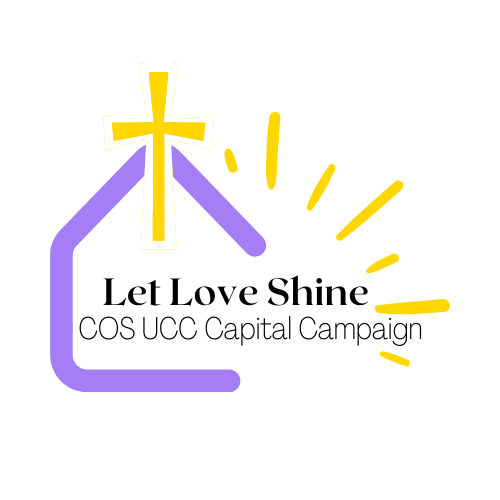Greenwashing: What is it, and why does it matter?
Greenwashing is the act of making false or misleading statements about the environmental benefits of a product or practice. It can be a way for companies to continue or expand their polluting as well as related harmful behaviors, all while gaming the system or profiting off well-intentioned, sustainably minded consumers. (nrdec.org)
What does it look like? Greenwashing is usually subtle and includes more insidious forms of manipulation. Nature-based imagery such as trees, leaves, or animals on packaging or in advertising can imply sustainability, even if the company or product either actively harms the environment or takes no real steps to protect it. Environmental buzzwords that have no legal weight, such as “natural,” “eco-friendly,” and “sustainable.” Check out the company’s current practices (if any, they should be found on the company’s website). Are they aspirational only? Can they identify actual steps for change in their manufacturing practices? Products that lean on official-looking labels such as the ubiquitous recycling symbol or language like “please recycle” are intended to make the purchaser feel that they are making a “greener” choice than they are, in fact, doing. Companies that tout their latest sustainability initiatives. Even if legitimate, research how the initiatives will play out; at what cost to the planet? Ambitious climate pledges sound great on paper but offer few specific or quantifiable changes that actually reduce greenhouse gas emissions. Thousands of companies have publicly rolled out net-zero pledges while continuing to do business as usual or even increasing climate pollution. For example, commitments to take an action that reduces carbon emissions elsewhere (carbon offsets) sound good, but are not guaranteed. Net-zero pledges are a form of greenwashing unless they include actions that reduce carbon emissions.
Why does it matter? Greenwashing erodes consumer faith, which makes us more likely to dismiss environmental claims altogether, even the legitimate ones. Companies making greenwashed products or running greenwashed businesses and facilities have a history of setting up in low-income communities, communities of color, or both. Greenwashing enables companies to keep up with their polluting practices while simultaneously benefiting from the illusion of environmental stewardship.
What can we do? The best short-term response is to build awareness. Check out the National Resources Defense Council website http://nrdc.org/stories/learn-spot-greenwashing for handy tips. To learn more, check out these websites:
www.greenly.earth (then click on Greenly.Institute for resources)
Betty Blanch & Ceil Sheahan

